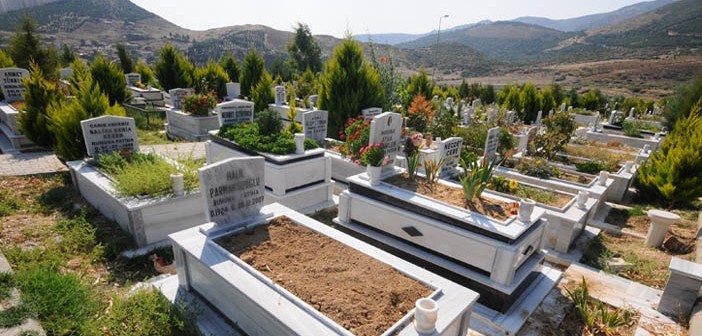
What Does Isqat Al-Sawm Mean?
What does isqat al-sawm mean?
Isqat al-sawm means to clear fasting debts of a deceased person. Isqat means clearing the debts of religious obligations of a deceased person such as fasting, nadhr and kaffarah unperformed due to various reasons while the person was alive and therefore, to save that person from his/her debts of religious obligations.
Paying fidyah to clear the fasting debts of a deceased person is determined by the Qur’an where it is stated that, “For those who can do it (with hardship), is a ransom, the feeding of one that is indigent.” (Baqarah, 2/184).
According to the ruling of this verse, those who are not able to fast in Ramadan or any other time later because of aforementioned reasons must pay fidyah for each unobserved day.
The verse mentions that those who are alive and not able to observe fast due to health issues must pay fidyah. However, the issue of whether fasting kaffarah can be paid or not for those who did not observe fast despite being healthy and having the opportunity and died later is a controversial subject among scholars.
Based on this verse, the majority of Muslim jurists stated that fidyah may be paid for fasting debts of a deceased person who did not observe fast with or without an excuse and did not perform qada; and that these persons need to make a will for these fastings (Marghinani, al-Hidayah, II, 270). Because the reason for fidyah is to be unable to fast. A deceased person is certainly unable to fast. In this regard, this situation is comparable to the situation of persons who need to pay fidyah for unobserved fastings determined in the Qur’an and sunnah (Sarakhsi, al-Mabsud, III, 100; Ibn Qudamah, al-Mughni, IV, 395-396). According to some other opinions, particularly Shafii school, if a person dies before paying fidyah despite being able to do so, fidyah is paid from the wealth left behing regardless of will. Because paying fidyah for such as person is similar to a traveler and sick person’s performing qada for fasting (Nawawi, al-Majmu, VI, 259).
Source: Presidency Of Religious Affairs The Turkey, High Board of Religious Affairs FATWAS







